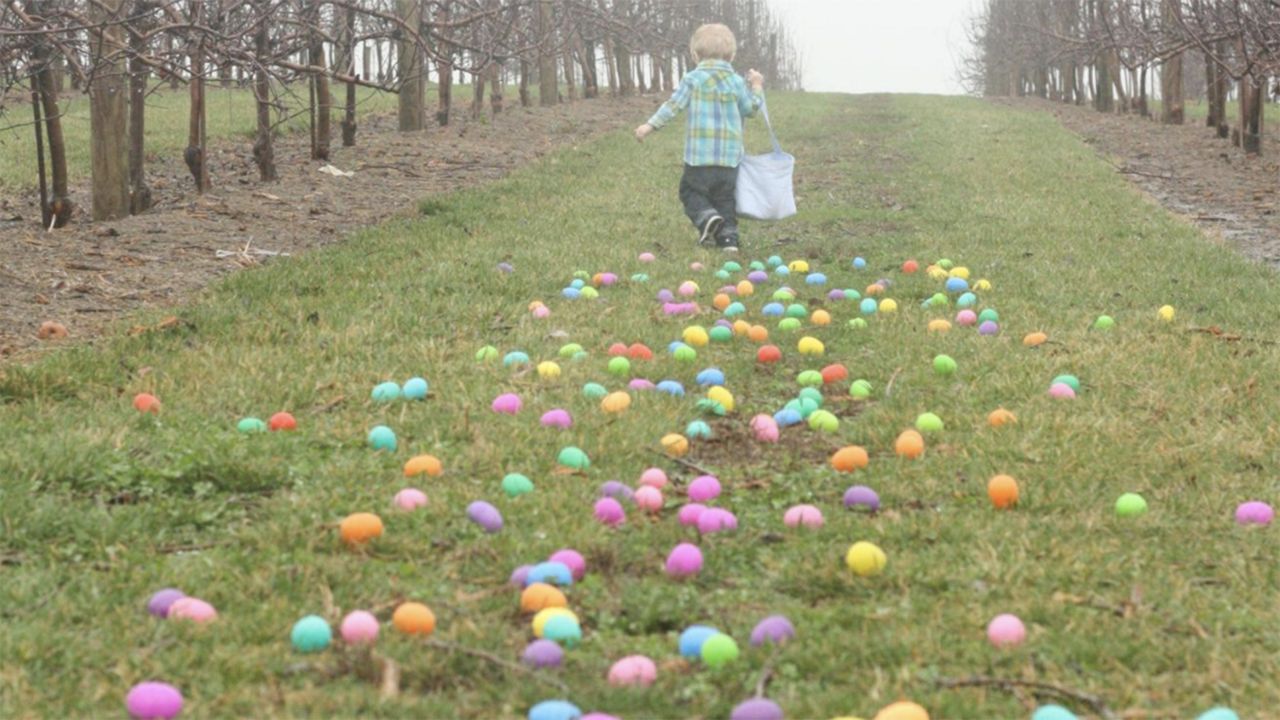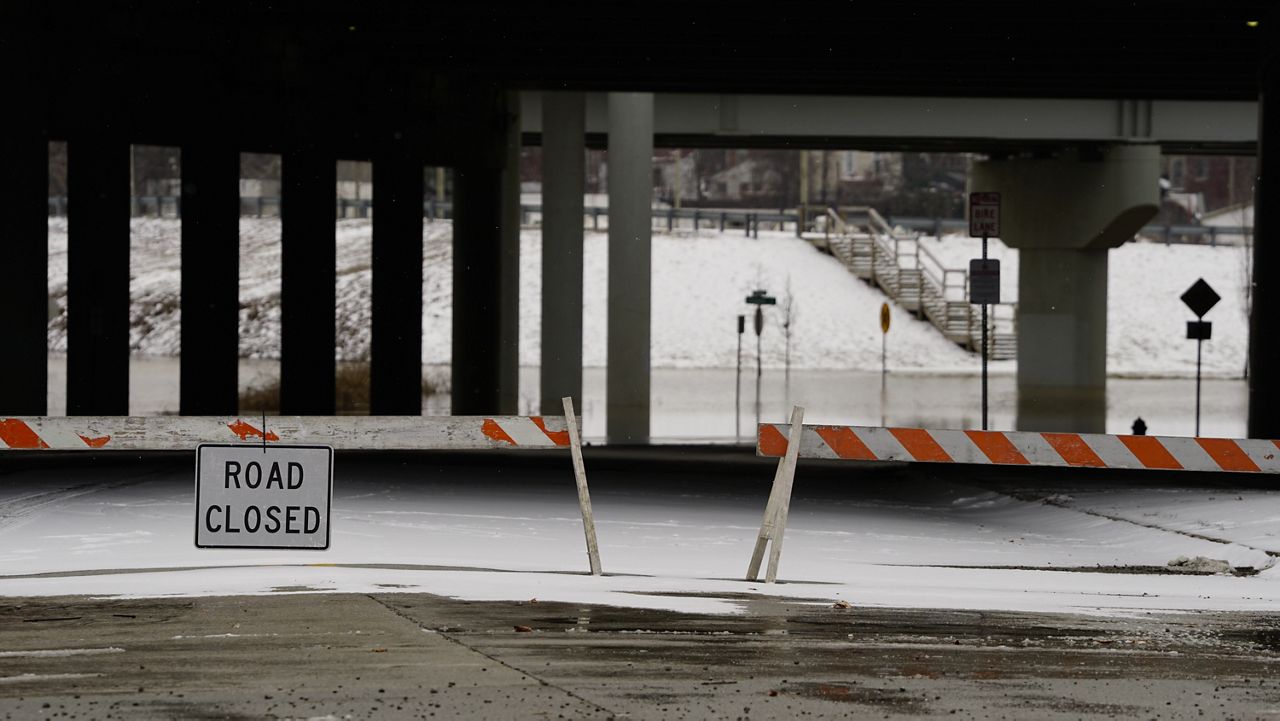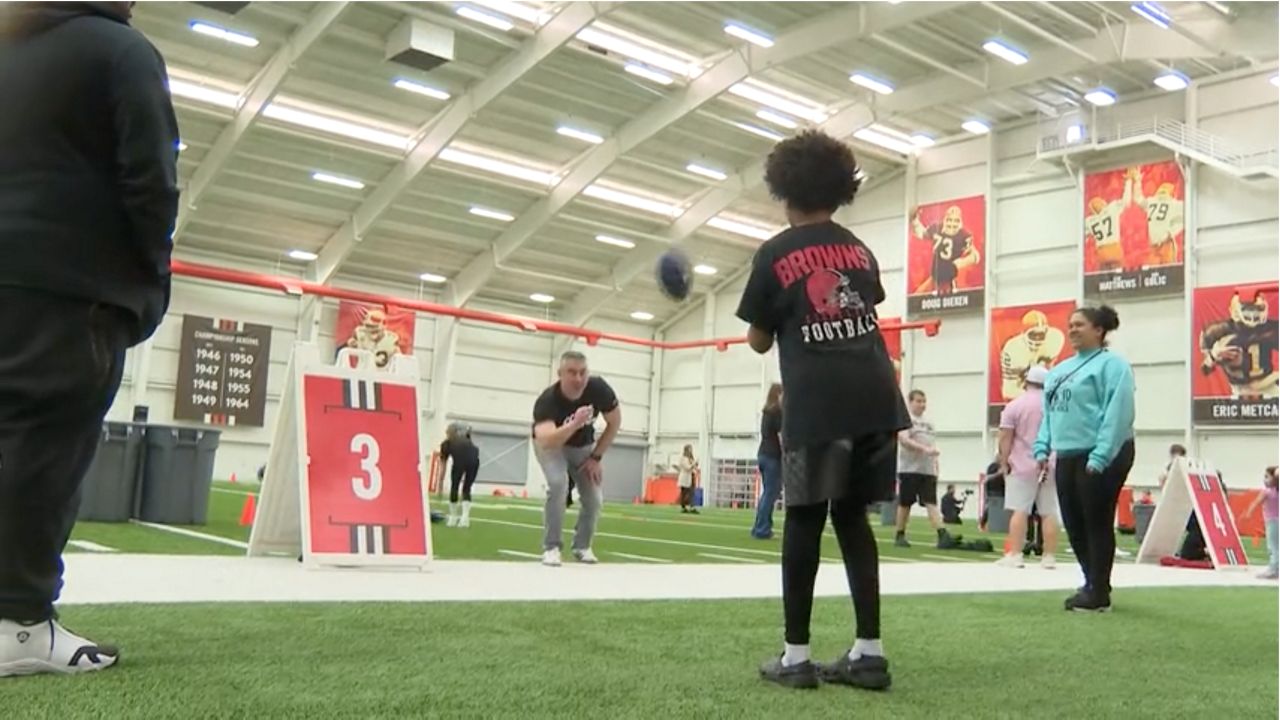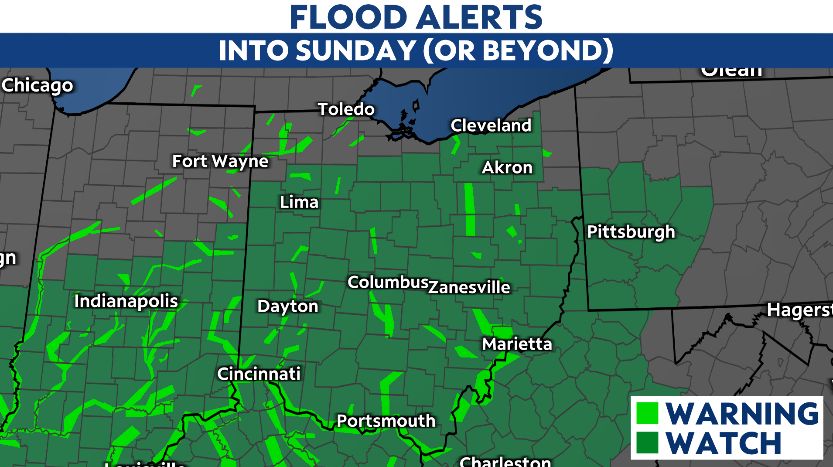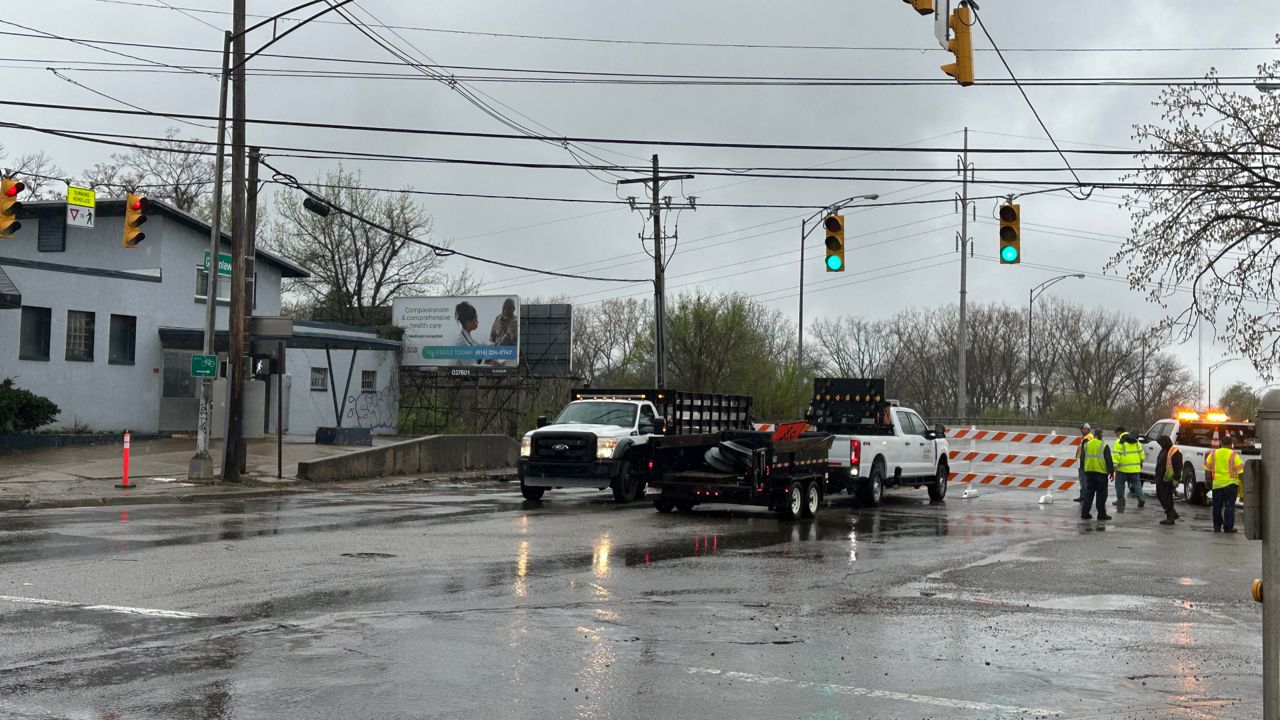CINCINNATI — Families are still digging out from under several inches of snow, but doctors are sending a warning about shoveling too much, too fast in the cold.
Shelia Salazar and Tim Larson are digging out and trying to shovel away as much snow as they can before more comes.
“Outside of the gym, we’re doing this,” said Larson.
“That’s true. It’s our workout for the day,” said Salazar.
It’s going to take some muscle and some time to get it done.
“I think just the repetition and, and just the fatigue and where we need to really take it slow, especially at our age, we don’t want the sirens coming with the ambulance,” said Larson.
“Always remembering to lift with the legs and not with the back,” said Salazar.
That’s what doctors say is key to not getting hurt, taking breaks, and checking for red flags.
“When you have weakness or numbness or a pain traveling down your leg, these are things that you want to get an expert to check you out for,” said UC Health Neurosurgeon Dr. Rani Nasser.
Nasser said if you see those red flags, it could be something serious, something he’s had to do surgery on.
“As a spine surgeon, we see a lot of soft tissue injuries, meaning muscle injuries, as well as even some ligaments, sprains, strains, disk herniation in some circumstances, fractures, particularly in our population with osteoporosis, in our elderly,” said Nasser.
That’s why he said shoveling too much too fast could put you at risk, but at the same time, staying out too long could put you at risk.
“You’ll probably feel more a numbness, sometimes a tingling sensation, but most of all, you’re not aware of it because you start getting numb,” said UC Health Burn Director Dr. Petra Warner.
Warner said those are early signs of frostbite that can happen even when it’s not this cold.
“It doesn’t really have to be as cold as it is now. More susceptible people are the elderly and the young under 18 because they just have thinner skin,” said Warner.
That’s why she suggests dressing in layers and taking time to warm up, so you don’t get hurt digging out, even if there’s a lot to do.
“You just have to take little celebratory breaks and say, ‘We’re making progress,’” said Larson.
Correction: This story previously misspelled Dr. Rani Nasser's name. This has been corrected. (Jan. 14, 2025)







